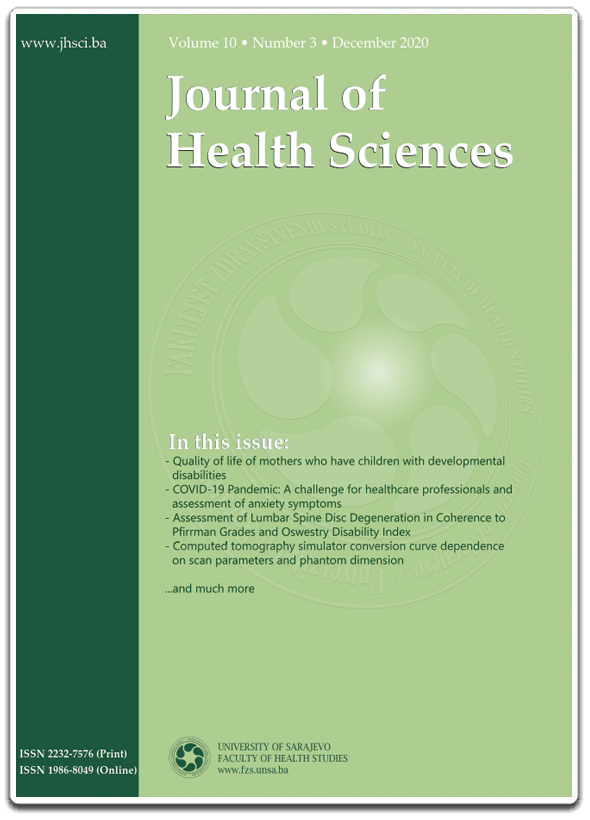Government and school community member perception on childhood obesity prevention in the primary school settings of Brunei Darussalam
DOI:
https://doi.org/10.17532/jhsci.2018.191Keywords:
obesity, childhood, stakeholders, diet, physical activityAbstract
Introduction: Childhood obesity is increasing in the Southeast Asian region, including in the nation of Brunei Darussalam. Within the public health focus on obesity prevention, specific settings, including primary schools, have been singled out as suitable sites for action. Recognizing that stakeholders are, in their various roles, producers of policy or implementers of practice, the purpose of this study in Brunei was to establish a baseline for interventions as well as to establish strengths and limitations in the current practice.
Methods: Semi-structured interview with government and school community stakeholders was conducted, and transcriptions were thematically analyzed.
Results: Three themes emerged from the data. The first theme was “children’s eating habits today = healthy adult population tomorrow;” many of the stakeholders believed that, if healthy eating is not practiced from an early stage, this can lead to the development of harmful diet-related diseases in the future. The second theme was “barriers to effectively addressing the issue of childhood obesity;” all were able to identify barriers such as workforce issues to address obesity prevention and health promotion activities. The third theme was “parental responsibility for children’s diet and physical activity habits.” The majority of respondents believed that parents are responsible for the rise in childhood obesity in Brunei.
Conclusions: The widespread ethos of personal responsibility for health behaviors has resulted in policies having a heavy emphasis on individual health behavior management and blame for the problem being directed primarily at parents. This individualization of the problem of childhood obesity is a barrier to the planning and implementation of ecological interventions.










